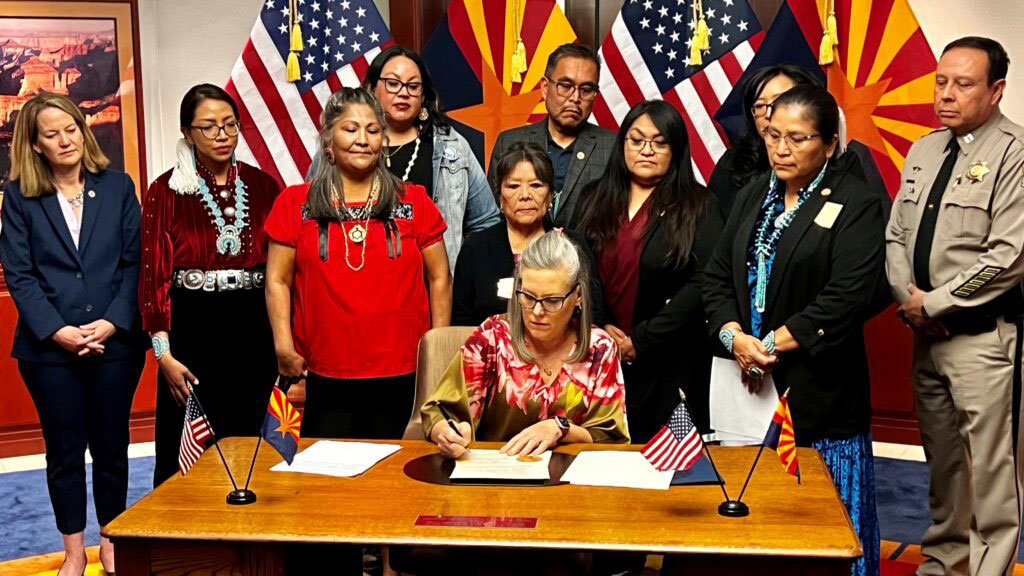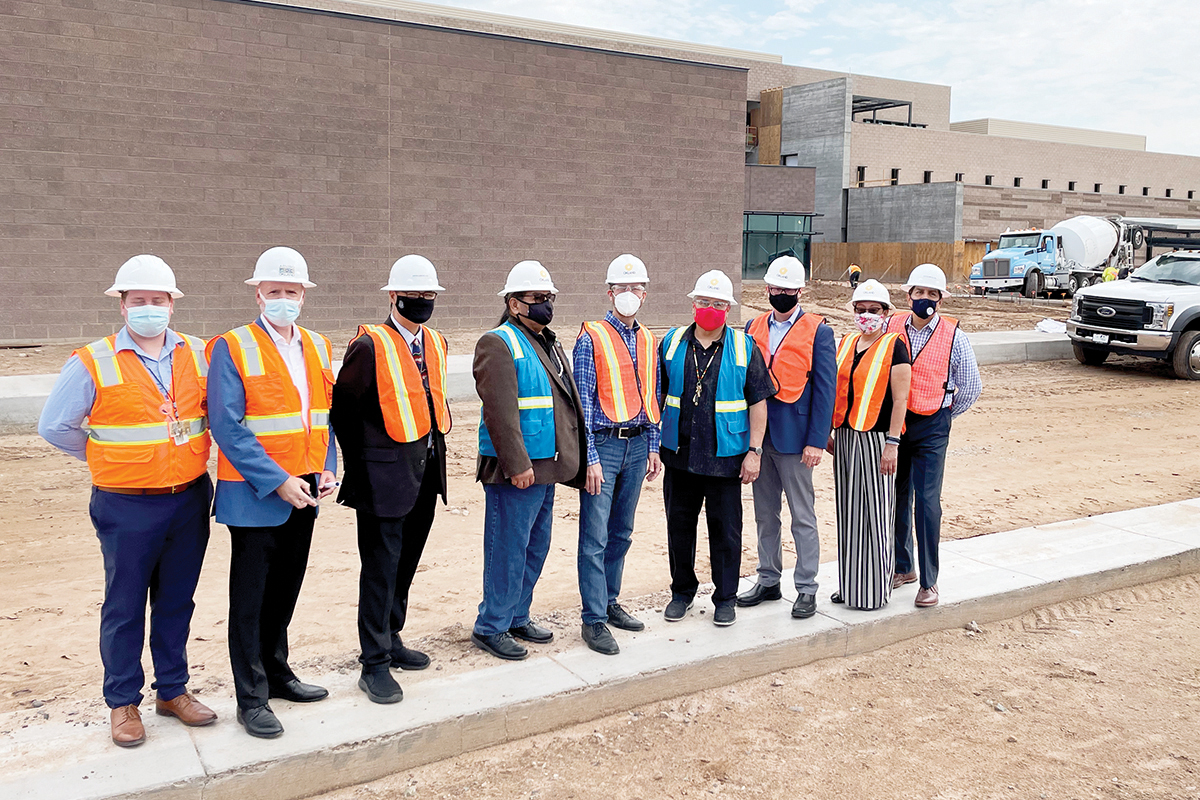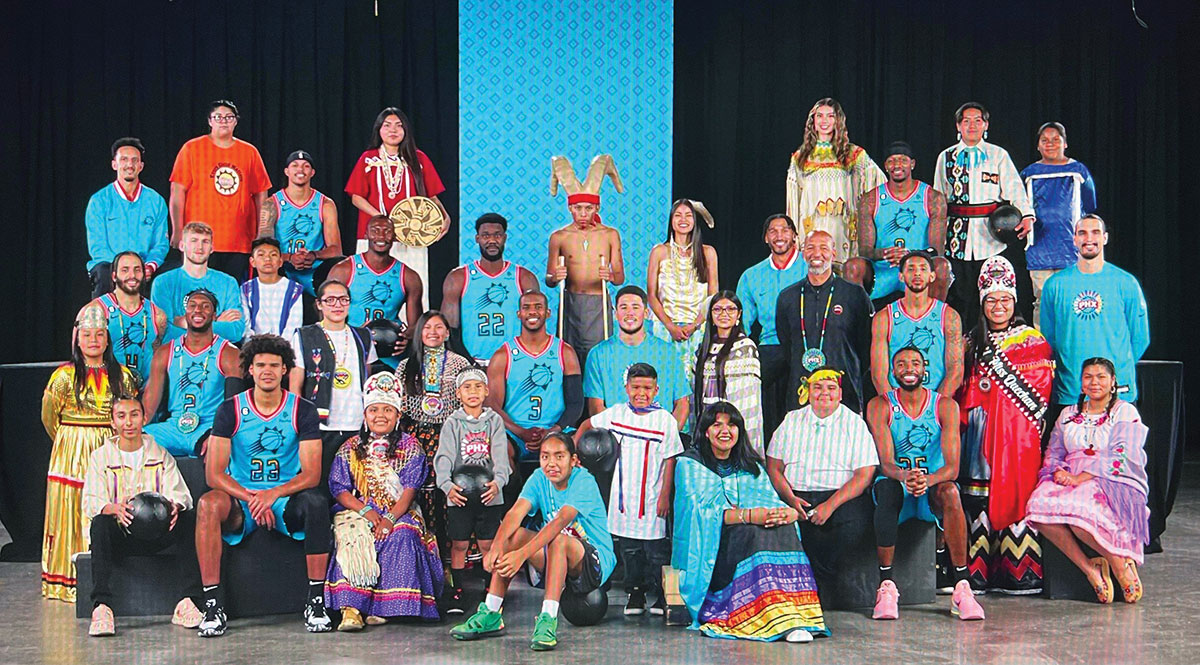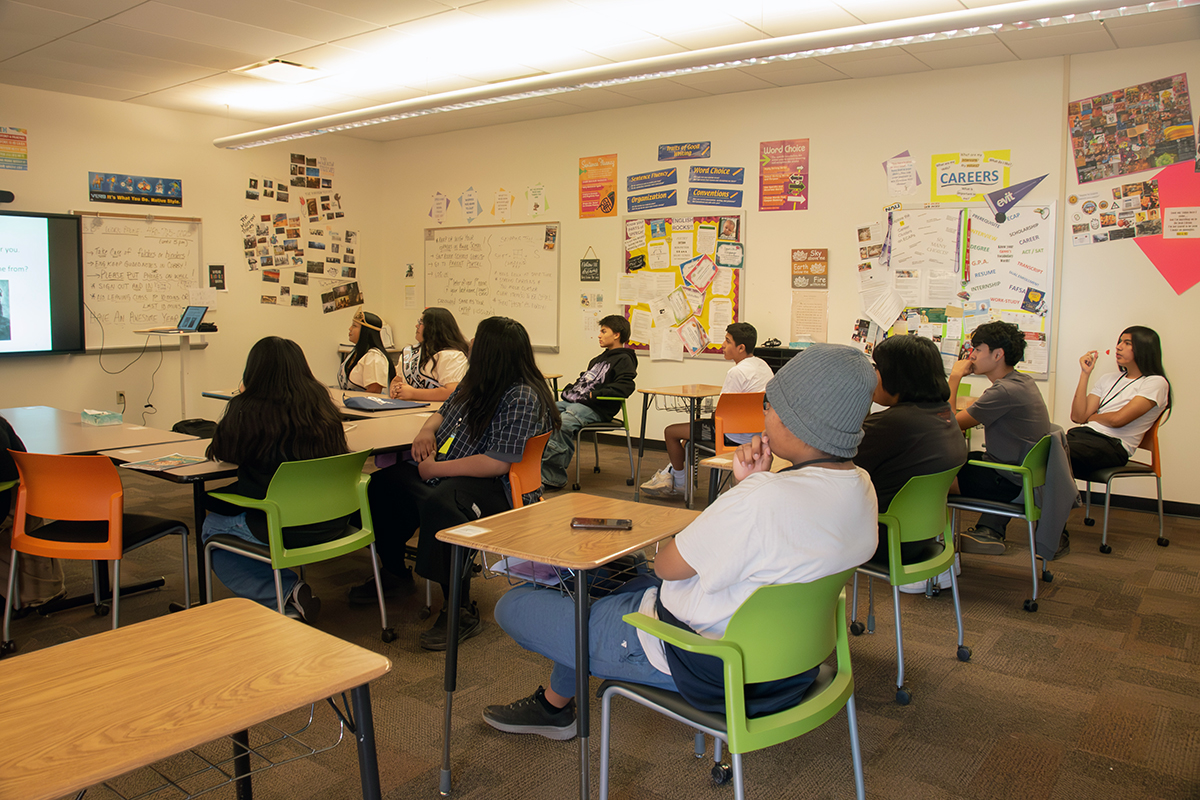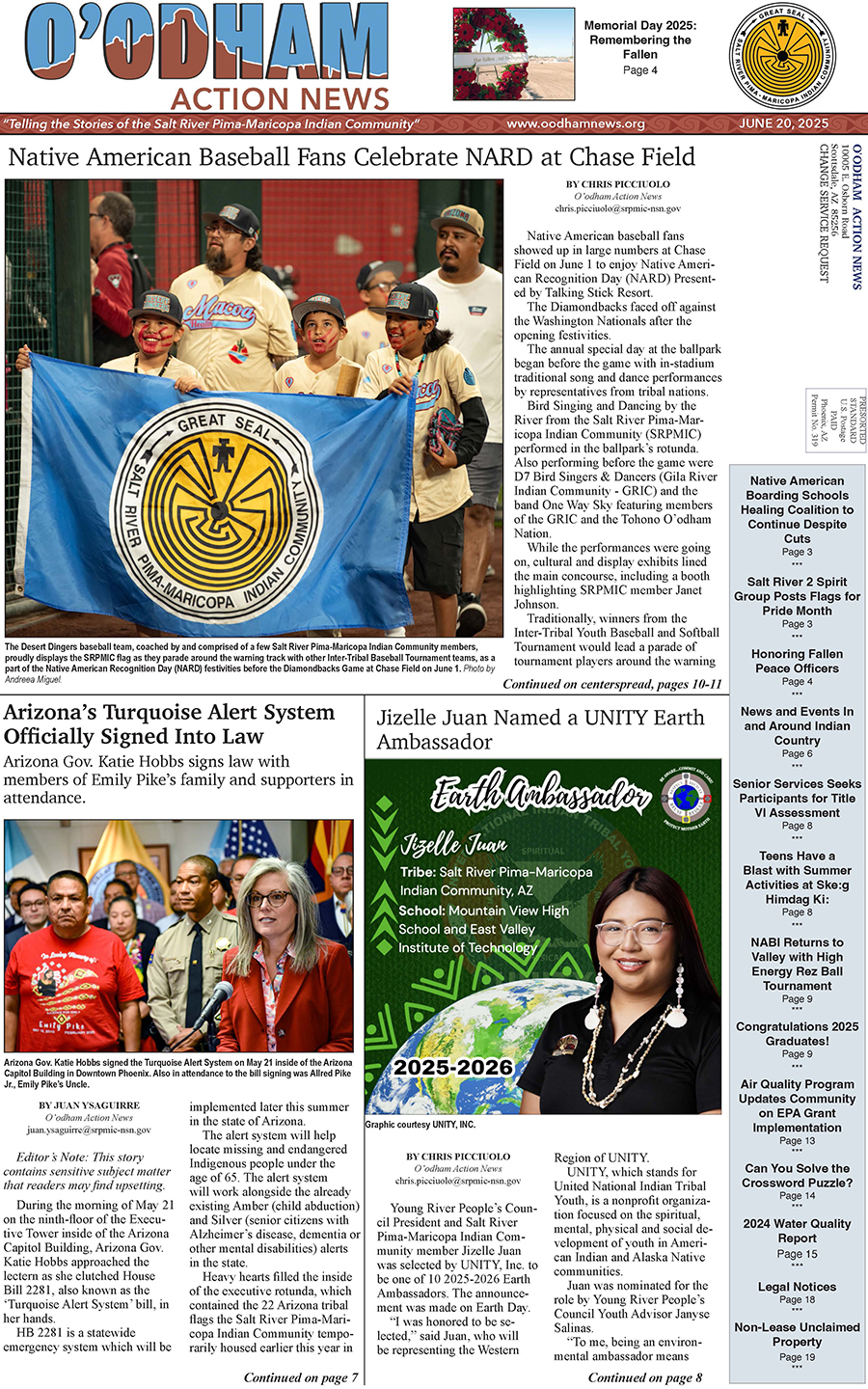VIEWS: 1819
April 5, 2023Governor Hobbs Establishes Task Force on Missing and Murdered Indigenous People
On March 7, Arizona Governor Katie Hobbs signed an executive order to establish an Arizona Task Force on Missing and Murdered Indigenous People (MMIP).
“It is time to turn the recommendations of the bipartisan study committee on MMIP into action,” Hobbs said. “By establishing this task force on MMIP, we are taking the first of many steps to stop the abuse, exploitation and violence against Indigenous people.”
The order points to a December 2022 report from the Missing and Murdered Indigenous Peoples Study Committee that recommended creating a task force with specific recommendations for legislative and administrative policy, law enforcement, the Arizona Crime Victim Compensation Program, victim services, data improvement, resource allocation, training and education, and collaboration.
Hobbs said that the issue of MMIP is as complex as it is heartbreaking.
“Over the past few years, tribal leaders, law enforcement and the legislature have tried to understand this problem. Who are the missing? How many are there? What is working and can be improved?”
Hobbs continued, “We will continue to work to deliver justice to the victims and their families and to ensure that not one more Indigenous man, woman or child is a target of violence, abuse or exploitation.”
The order also includes a 2020 statewide study on reducing the number of missing and murdered women and girls from the Arizona State University School of Criminology and Criminal Justice’s Research on Violent Victimization Lab, in partnership with the HB2570 Legislative Study Committee. The study found that murders of Indigenous people in Arizona have been steadily increasing over the past 40 years and that Indigenous women and girls face the highest risk of victimization, including sexual assault, domestic and family violence, going missing, and being murdered.
In the report, State Representative Jennifer Jermaine (White Earth Ojibwe), from District 18, said that often when a Native individual disappears and is found murdered, it affects the entire family and clan structure for generations.
Salt River Pima-Maricopa Indian Community (SRPMIC) Vice-President Ricardo Leonard said that the proclamation “is yet one more positive step to acknowledge the common history we share along with renewed commitment to work together.”
The SRPMIC Office of Congressional and Legislative Affairs (OCLA) thanked Governor Hobbs for continuing to shine a light on the issue of MMIP. “The creation of a task force will continue the work of an MMIP study committee to find tangible solutions that can be implemented into state law or be implemented by state agencies,” OCLA said in a statement. “It is clear Governor Hobbs recognizes there is an urgent need to address this issue in close partnership with tribal nations in Arizona.”

